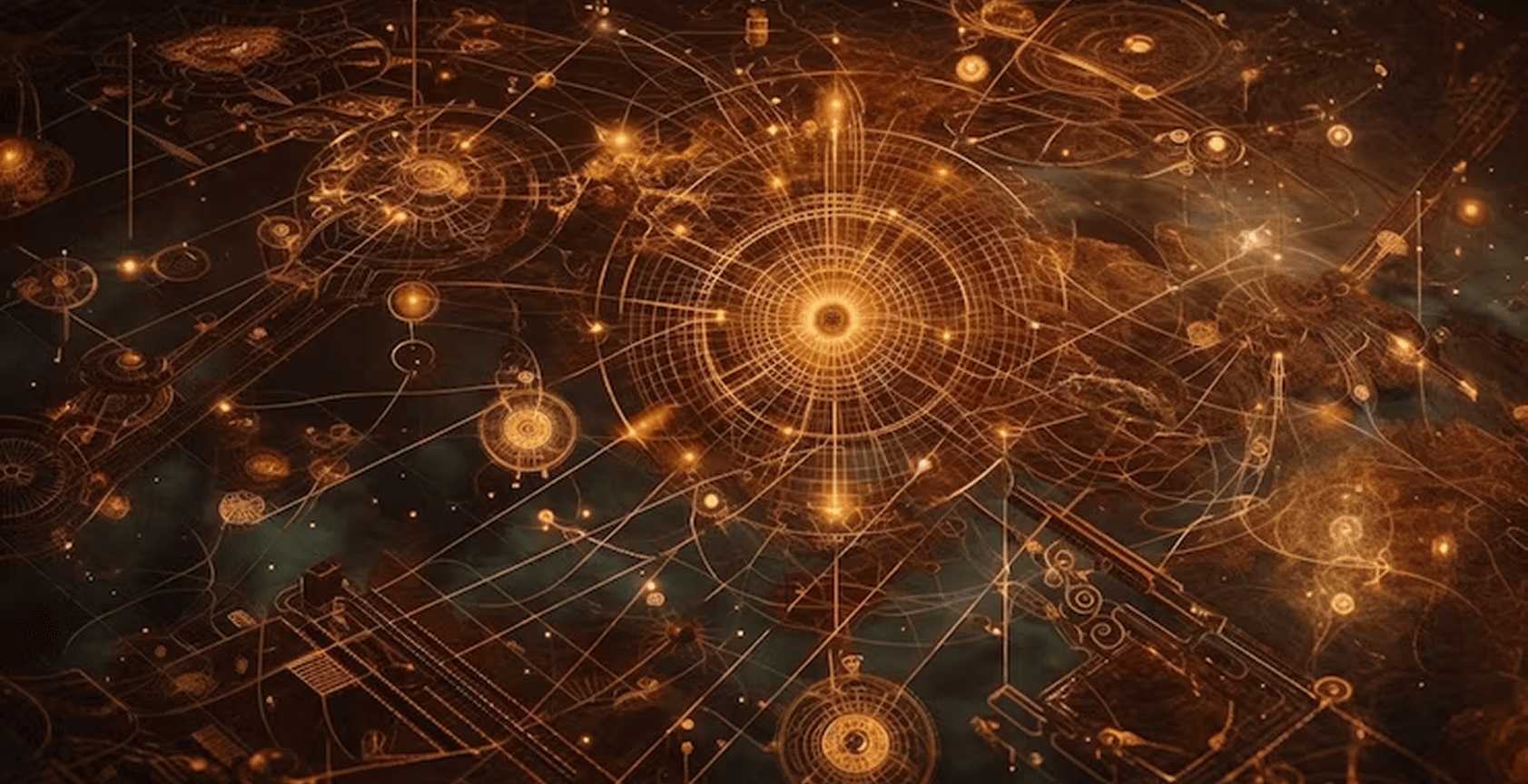Probabilistic Turing Machines
Harnessing Uncertainty for Hyper-Computation
- Built To Order
- Experimental
Automatski’s Probabilistic Turing Machines are designed to push beyond classical limits—delivering quantum-class computational power through randomness-driven architecture. Operating under BPP complexity, with potential refinement to ZPP, this system offers a hyper-computational foundation rivaling both quantum and gravity-based models.

The Power of Probability
In contrast to deterministic Turing Machines, our architecture leverages probabilistic transitions to reach solutions faster, and with greater flexibility. This is not mere randomness—this is structured probabilistic computation where uncertainty becomes a tool, not a flaw.
It opens new frontiers for algorithms that would otherwise be infeasible or too slow on classical systems, and matches the problem-solving capability of quantum models—without needing quantum hardware.
What Makes It Special:
- BPP-class operation (Bounded-error Probabilistic Polynomial time)
- Potential to refine to ZPP (Zero-error Probabilistic Polynomial time)
- Computational equivalence with quantum and gravity-based systems
- Built-to-order for complex, probabilistic problem classes
- Ideal for probabilistic inference, cryptography, and decision-making under uncertainty
- Hyper-computational model for solving hard problems efficiently
- Experimental but foundational for future post-classical computing
This is more than an experiment—it’s a glimpse into computation’s next paradigm: where randomness isn’t noise, but structure.
Author : Aditya Yadav